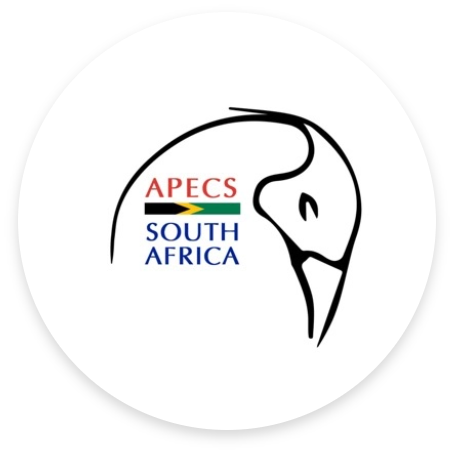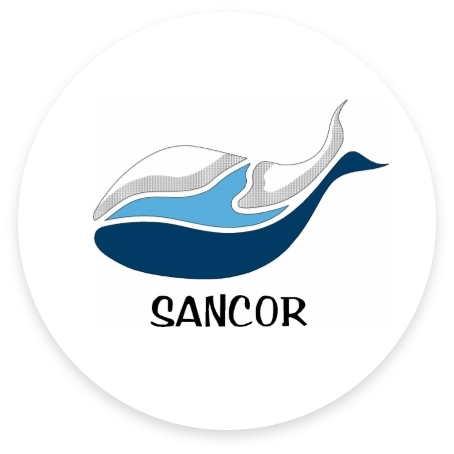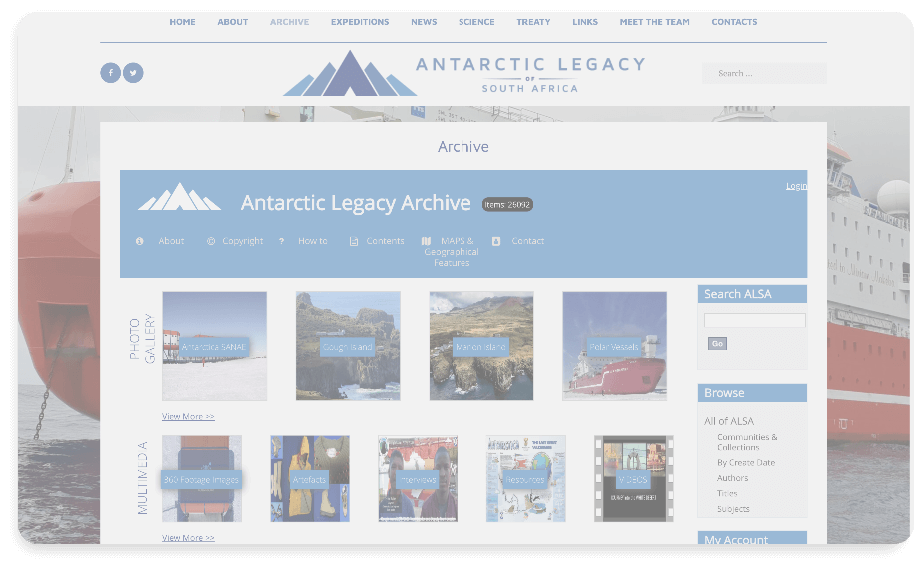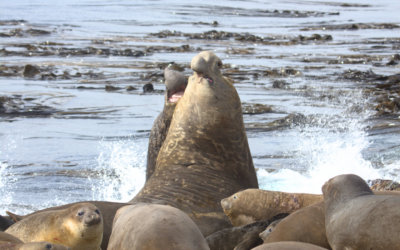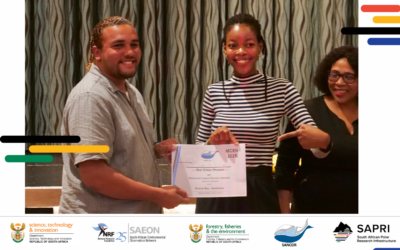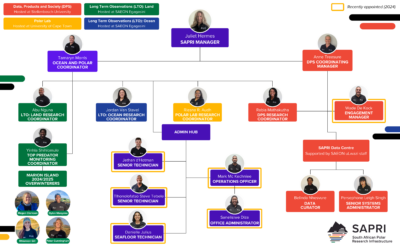



SOCIETY
COMMUNICATION, AWARENESS & EDUCATION
The SAPRI Engagement Strategy is based on the fourth pillar of SAPRI – where the aim is to build capacity in marine and polar research for transformation and societal awareness.
This pillar focuses on one of the founding principles of SAPRI, which is to ensure that the investment in new infrastructures – and the utilisation of existing infrastructures – translates into the generation of science for the benefit of society.
4 Main Pillars of SAPRI

Marine and polar research coordination and logistics

Sustainability of long-term marine and polar observations

New infrastructures, innovation and engineering

Capacity building in marine and polar research for transformation and societal awareness
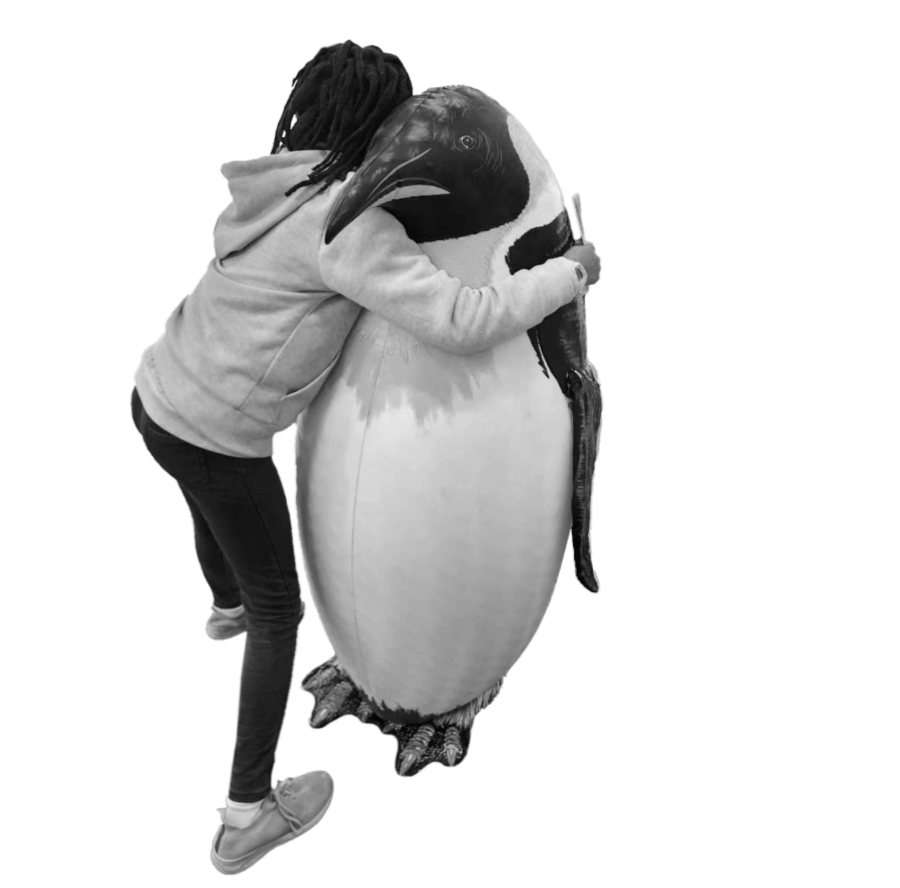


TRANSFORMATION
Transformation is a key driver considered in all actions of SAPRI. It is immediately evident that an urgent change needs to be made within the marine and polar research community not just in terms of diversity of scientists but from an institutional perspective.
SAPRI is committed to having a diverse staff complement and launched its Professional Development Accelerator initiative in 2023, and is establishing a mentorship programme in 2025 – initiatives to build and retain transformed skill sets. SAPRI is working to implement both top-down and bottom-up approaches to encourage and support marine and polar research in underrepresented tertiary education institutions.
MENTORSHIP PROGRAMME
The mentorship programme will be aimed at postgraduate students and/or ECRs in polar and offshore marine research.
CODE OF CONDUCT
SAPRI is committed to ensuring equality, diversity and inclusivity in the marine and polar research environment.
SAPRI is supporting stakeholders to develop a Code of Conduct to help ensure a safe and inclusive space for the South African marine and polar community.
FEATURED NEWS
International Day of the Seal
The 22nd of March marks the International Day of the Seal or International Seal Day, a day dedicated to raising global awareness about seal species and their conservation. First declared Day of the Seal in 1982, this day highlights the importance of protecting seals...
SAPRI and its host, NRF-SAEON Egagasini Node, join the 2025 Marine and Coastal Educators Network National Conference
The Marine and Coastal Educators Network (MCEN) hosted its 24th annual national conference from 19-24 January 2025 in Mossel Bay, Western Cape. As a coordinating body within the South African Network for Coastal and Oceanic Research (SANCOR) and funded by the National...
SAPRI welcomes new appointments in Technical, Operations, Administration, and Engagement roles
As we embark on an exciting new year, we are thrilled to welcome several talented individuals to our team across administrative, operational, and technical roles who joined us in 2024. These new colleagues bring diverse expertise and fresh perspectives that will...
